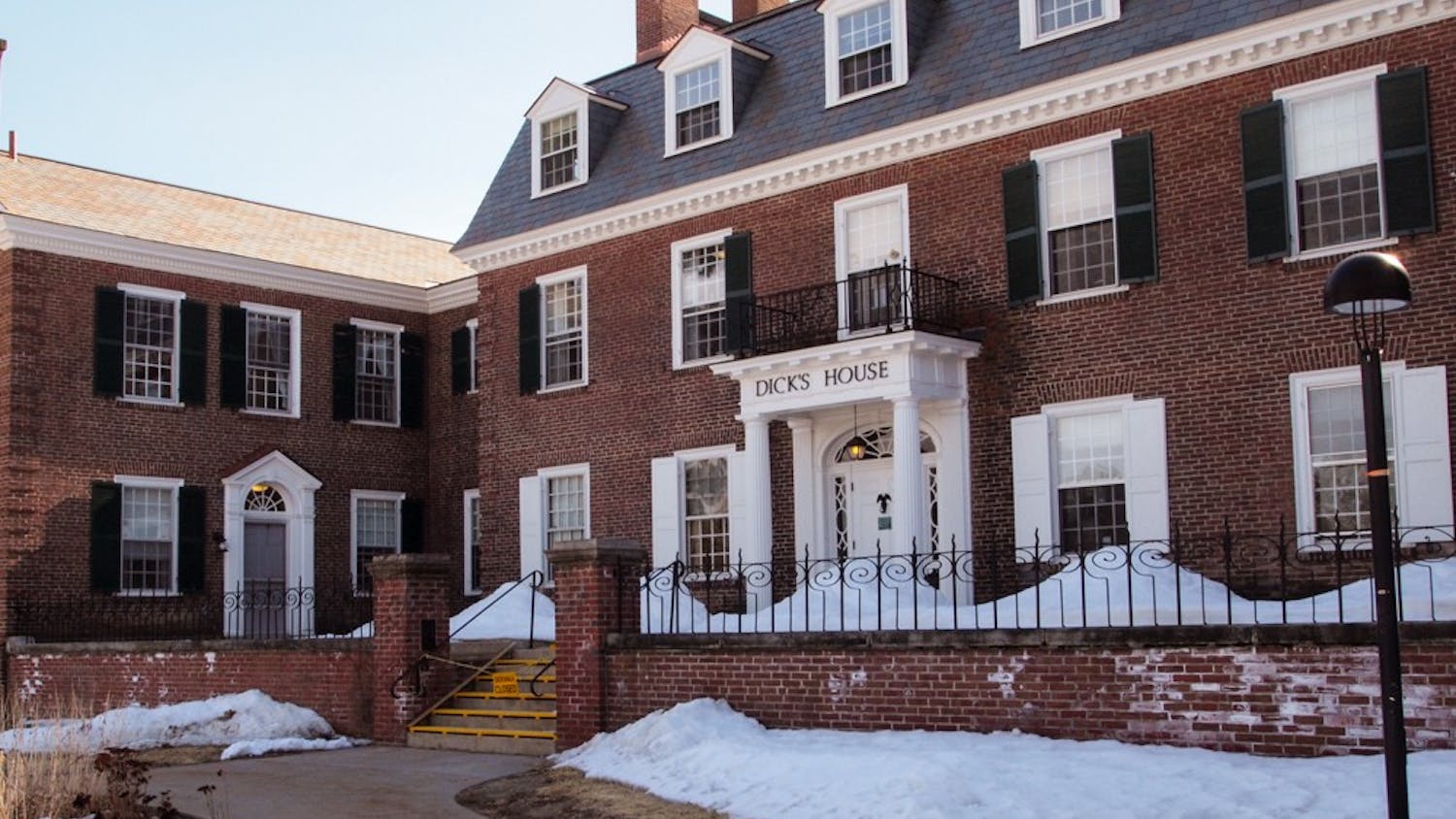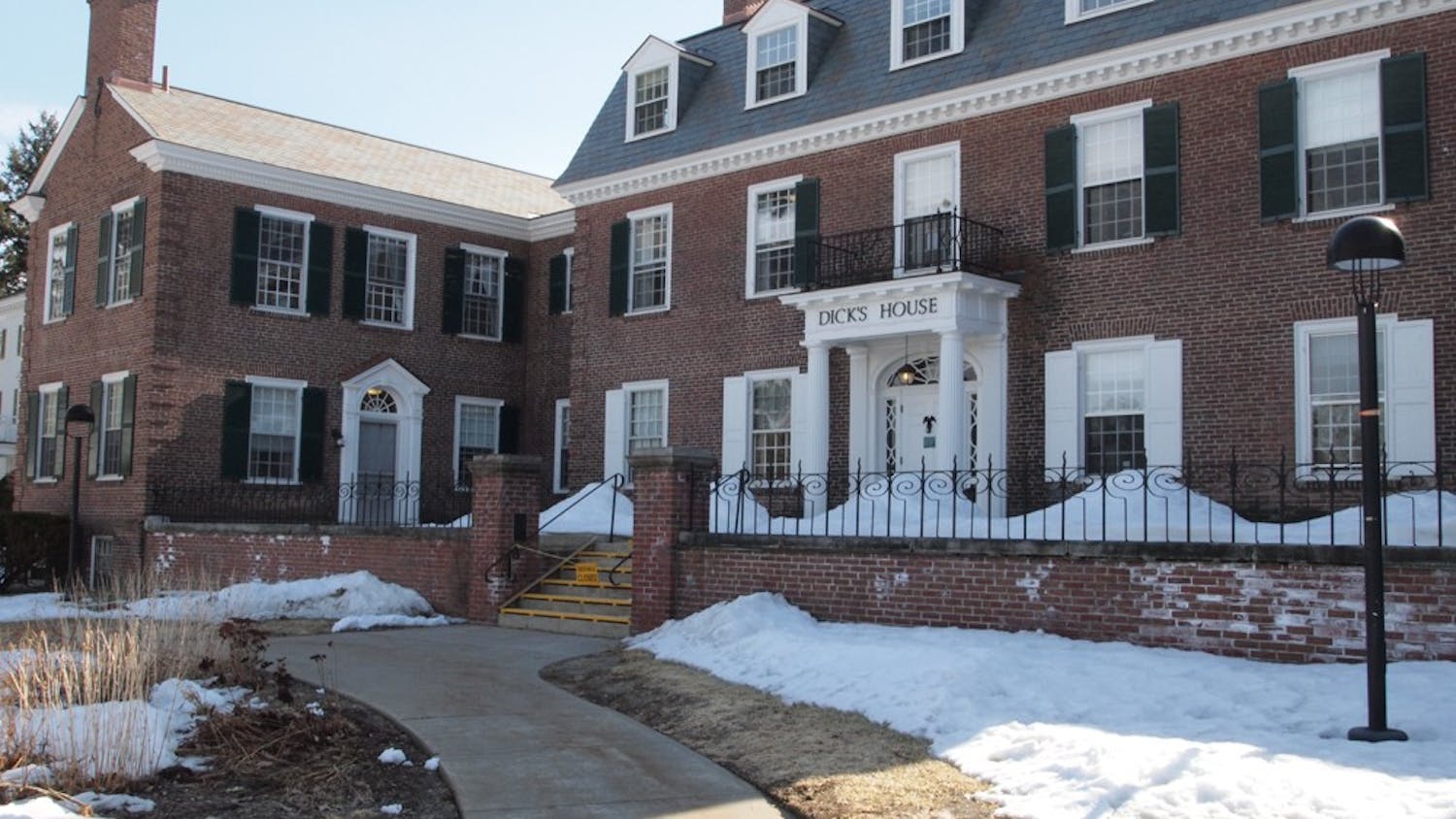This column is featured in the 2020 Winter Carnival special issue.
They always say that you can never truly understand something until it happens to you. Personally, this realization hit me as I struggled with my mental health for the first time last term. I had always known that there were major shortcomings in mental health services on college campuses — and that Dartmouth was no exception. It was only when I first considered taking advantage of them for myself, however, that I began to truly question why Dartmouth’s mental health resources seem so stuck in the past.
As an institution, Dartmouth has a certain level of responsibility to take care of both the physical and mental well-being of its students — a stewardship so to speak. Yet, Dartmouth’s provision of mental health services has stagnated in recent years. The main problem is that there is a demand for mental health services that is far outpacing the available supply of care.
This makes sense; an article in The Dartmouth last year found that mental health-related admissions to Dick’s House had increased by 45 percent from 2013 to 2019, while the utilization of Dartmouth’s on-call counseling services had increased by 60 percent in the same time period. Another recent article quoted Counseling Center director Heather Earle, who cited the unequal “student-to-counselor ratio” as the reason why students are unable to receive timely or adequate counseling.
Whatever the root cause might be, the current lack of mental health services on campus negatively impacts students’ Dartmouth experiences—and also undermines Dartmouth as an institution. Indeed, because of the lack of counselors available, Dartmouth’s mental health services are mocked and criticized by students on social media platforms. One popular meme circulated among Dartmouth students earlier this term featured a notification screen displaying a message from a sender named “Anxiety” asking “What if you’re not good enough” followed by a message from “Depression” saying “Everyone hates you” and finally concluded with a message from “Dick’s House Counselling” saying “Hey! I’m so glad you reached out. I’m actually at capacity/helping someone else who’s in crisis…” It is clear that student needs are not being met.
Even if students are able to find help at the Counseling Center, those with long-term issues are often told to seek external help from a community provider. Such services can put both a financial burden on students and also a logistical one because of transportation requirements. Also, as Dartmouth is situated in a remote location, there are simply not that many community providers who are available to take on new patients or that are financially accessible to all students.
Despite these issues, it must be said that there has been a lot of recent progress in the provision of mental health services, spearheaded by student initiatives. For instance, the new mental health app ‘Unmasked Project’ launched earlier this year allows Dartmouth students to anonymously share thoughts on mental health and support each other by commenting on threads. There is also the Dartmouth Mental Health Union, a student-run organization devoted to increasing awareness of mental health services and issues.
The College itself has also worked toward targeting mental health issues from an upstream vantage point. For instance, Dartmouth intentionally clusters dorms of the same House together to ensure that students have familiar faces surrounding them as they progress through various dorms during their time at Dartmouth, as a means of combating the loneliness and uncertainty caused by the D-Plan.
At the end of the day, problems with the supply and demand of mental health services are in no way unique to Dartmouth; on average, college counseling centers provide only 17 consultation hours a week per 100,000 students. The so-called clinical crisis, in which the demand for help has rapidly outpaced the available mental health resources, is affecting college campuses far and wide. Dartmouth’s focus on short-term care is also not unique. Because most college counseling centers were only designed to help students through adjustment problems like homesickness and acute rather than chronic mental health issues, their staff are often unprepared to deal with more serious mental health crises.
Although Dartmouth is not alone in its challenges to provide care, the College’s rural location makes its resource inadequacies more visible and detrimental. Thus, Dartmouth will need to shoulder the burden more than other institutions and find a way to ensure that all students can access the help they need on campus. One way to achieve this may be to look into developing separate facilities, resources and funding for mental services for graduate and undergraduate students.
In terms of other solutions, Dartmouth might also consider looking to student groups and using student feedback (perhaps on the new ‘Unmasked’ app) to find ways to make its resources more accessible. If Dartmouth can harness the growing momentum of student leadership and response to the “crisis of care,” it might be able to bring its mental health services into a new age of respect and utility.




